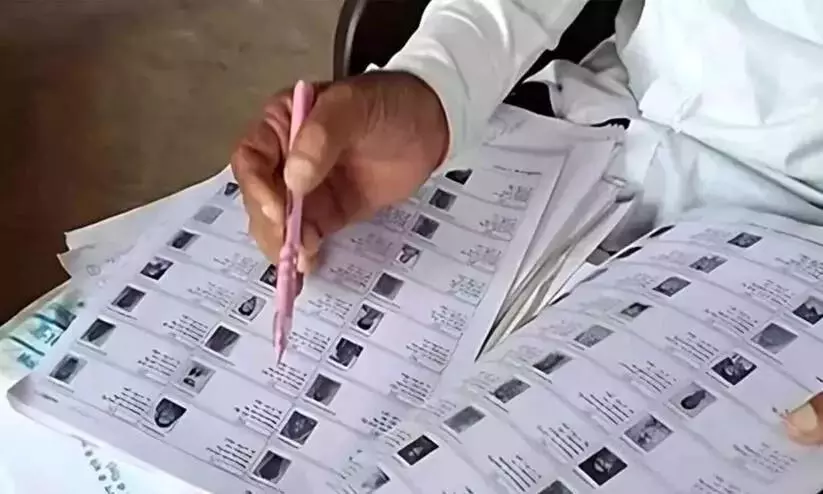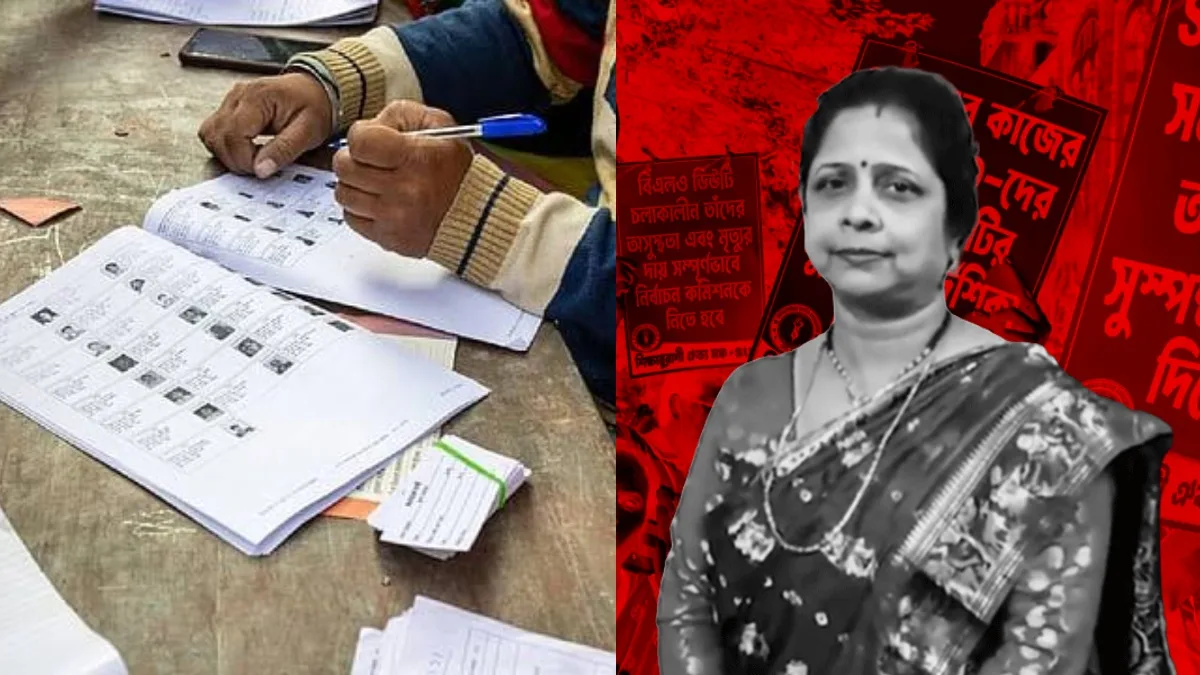The recent reports of Booth Level Officers (BLOs) allegedly dying by suicide under the pressure of Special Intensive Revision (SIR) duties should have shaken the nation. Instead, the news barely travelled beyond a few political statements and scattered local reports. The deaths were followed by accusations of excessive workload, unrealistic deadlines and alleged administrative coercion, yet the outrage was limited, muted, almost perfunctory.
This silence is striking because India has just spent months debating workplace stress after a string of high-profile corporate suicides, including those involving employees from major firms such as EY. Social media was flooded with conversations on burnout, toxic work culture and the urgent need for work-life balance. Influencers opened up. Corporate leaders were called out. HR policies were dissected. There was collective mourning, collective outrage, collective introspection.

But when low-ranking public employees, performing clerical-level duties crucial to the machinery of Indian elections, allegedly take their lives under workplace pressure, the national mood remains indifferent. The contrast is so stark that it forces us to confront a difficult truth: our empathy for workplace suffering is stratified, shaped by class, profession and prestige.
Reports highlighting opposition claims that SIR duties have become “imposed oppression” points to BLOs allegedly driven to suicide under excessive workload, constant verification demands and pressure to meet near-impossible deadlines. Yet the issue lacks traction. No trending hashtags, no panel discussions, no collective grief. Why?
First, the difference lies in perceived prestige. A consultant at a major corporate firm is seen as part of India’s aspirational class, educated, English-speaking, upwardly mobile. Their burnout feels relatable to millions trying to climb the same ladder. A BLO, meanwhile, holds a modest government post, often rural, often invisible to the urban online ecosystem. Their deaths do not become cautionary tales for the middle class; they become footnotes in political speeches.

Second, accountability is easier to demand from the private sector. Shaming corporations is straightforward: CEOs are public figures, HR guidelines are explicit, and employee welfare is marketed as a metric of progressiveness. But holding governments accountable, especially in election years, is complicated and polarised. Any criticism becomes “political,” automatically pushing citizens into defensive camps.
Third, workplace culture bias shapes empathy. Corporate stress is seen as modern, global, and worthy of reform. Government job stress is normalised—part of the “sarkari” machinery, part of the system no one expects to change. BLOs are frontline workers of the democratic process, tasked with door-to-door verification, long field hours, and administrative pressure. Yet their wellbeing remains invisible because their work is considered routine, not aspirational.
The hypocrisy becomes even sharper when one considers that in both cases, corporate consultants and BLOs, the underlying cause is similar: a system that demands more than what the human mind and body can bear. Whether the pressure comes from billable targets or bureaucratic deadlines, the mental toll is real, devastating and deserving of equal empathy.
India cannot selectively mourn based on job titles. If work-life balance, mental health and dignity in labour matter, they must matter across sectors. The deaths of corporate employees should shock us. But the deaths of BLOs, who form the backbone of electoral integrity, should shake the nation just as deeply.

True accountability begins when we broaden our moral imagination, recognising that every life strained under systemic pressure is equally worthy of public concern, reform and justice.


